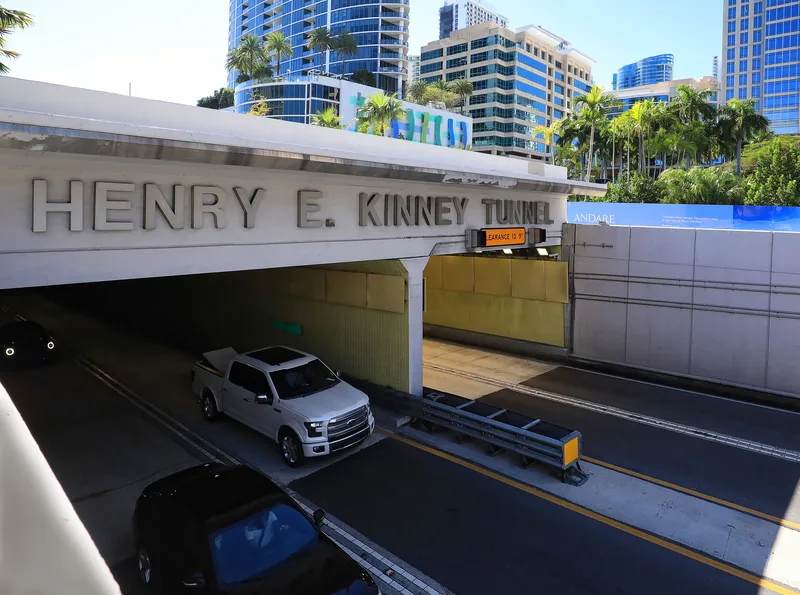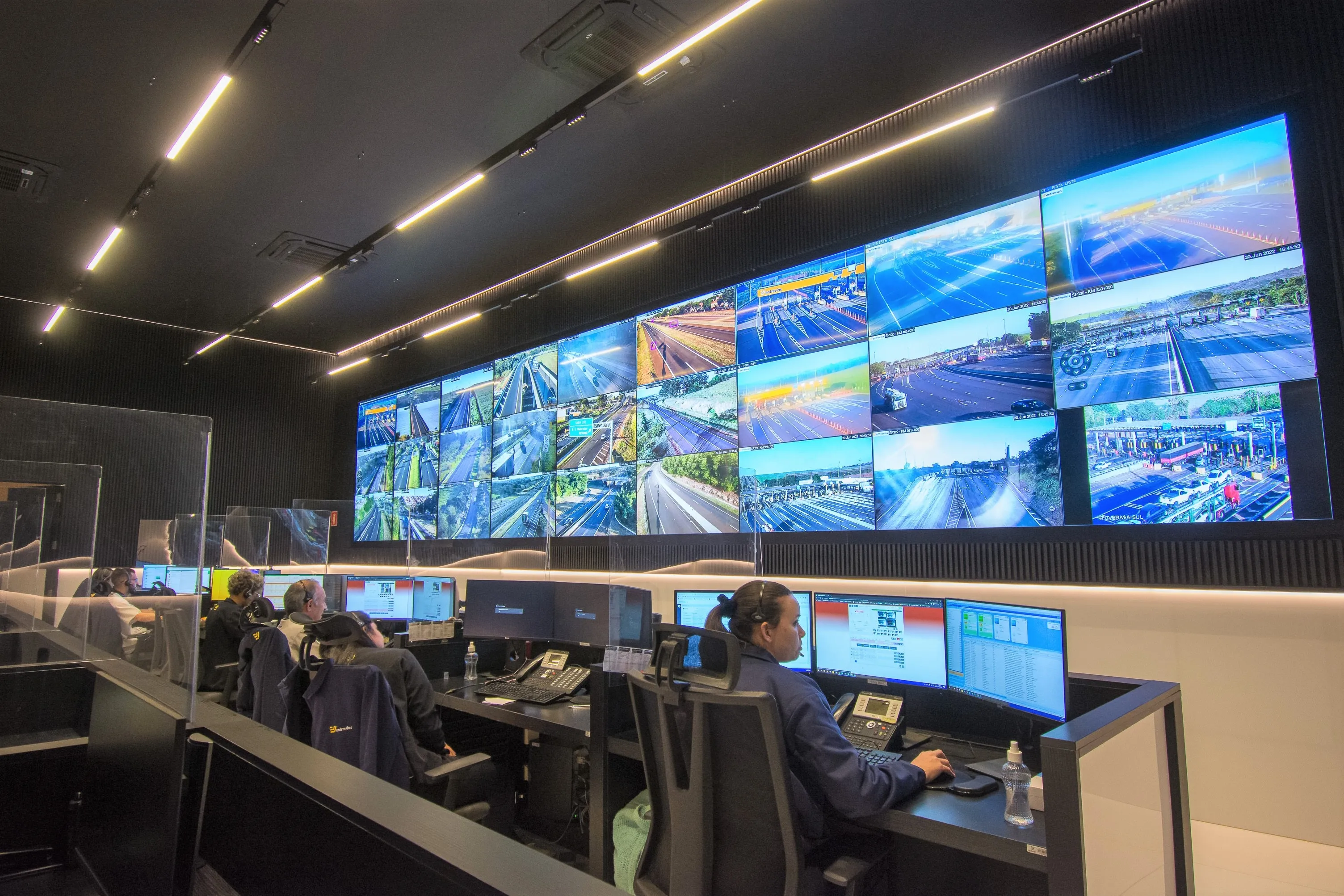Latin America needs to invest heavily in mass transport services to improve living standards in urban areas, according to Norman Anderson, CEO of US-based consulting firm CG/LA Infrastructure.
"Unless there is mobility, it's hard to imagine cities being successful, cities being creative, so one of the things we emphasised, and we think is really important, is the whole mobility issue," Anderson said in an interview.
In its most recent report on strategic infrastructure projects in Latin America, CG/L
June 10, 2014
Read time: 2 mins
Latin America needs to invest heavily in mass transport services to improve living standards in urban areas, according to Norman Anderson, CEO of US-based consulting firm 7796 CG/LA Infrastructure.
"Unless there is mobility, it's hard to imagine cities being successful, cities being creative, so one of the things we emphasised, and we think is really important, is the whole mobility issue," Anderson said in an interview.
In its most recent report on strategic infrastructure projects in Latin America, CG/LA put three metro projects among the top 10. They are Bogota's US$3.6 billion metro project, Panama City's US$2.8 billion line 3, and Metro de Quito's US$1.5 billion second phase.
"Those are three cities that are desperate for mobility because they have horrible traffic issues," Anderson said, ahead of CG/LA's infrastructure conference in Cartagena, Colombia.
According to the5982 Inter-American Development Bank (IDB), Latin American countries are expected to invest some US$40 billion in metro projects by 2025.
Some other key projects in the region are the construction of line 3 and line 6 for Chilean capital Santiago's subway, the expansion of Brazil's São Paulo metro line 2, the expansion of Argentina's Buenos Aires line H, and the expansion of Mexico City's line 12.
In a recent report, CG/LA identified strategic urban mass transit projects worth US$14.1 billion.
"Unless there is mobility, it's hard to imagine cities being successful, cities being creative, so one of the things we emphasised, and we think is really important, is the whole mobility issue," Anderson said in an interview.
In its most recent report on strategic infrastructure projects in Latin America, CG/LA put three metro projects among the top 10. They are Bogota's US$3.6 billion metro project, Panama City's US$2.8 billion line 3, and Metro de Quito's US$1.5 billion second phase.
"Those are three cities that are desperate for mobility because they have horrible traffic issues," Anderson said, ahead of CG/LA's infrastructure conference in Cartagena, Colombia.
According to the
Some other key projects in the region are the construction of line 3 and line 6 for Chilean capital Santiago's subway, the expansion of Brazil's São Paulo metro line 2, the expansion of Argentina's Buenos Aires line H, and the expansion of Mexico City's line 12.
In a recent report, CG/LA identified strategic urban mass transit projects worth US$14.1 billion.








